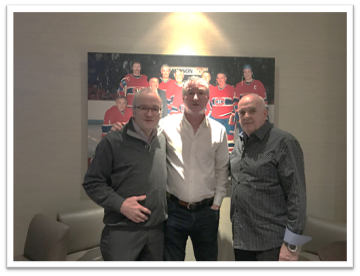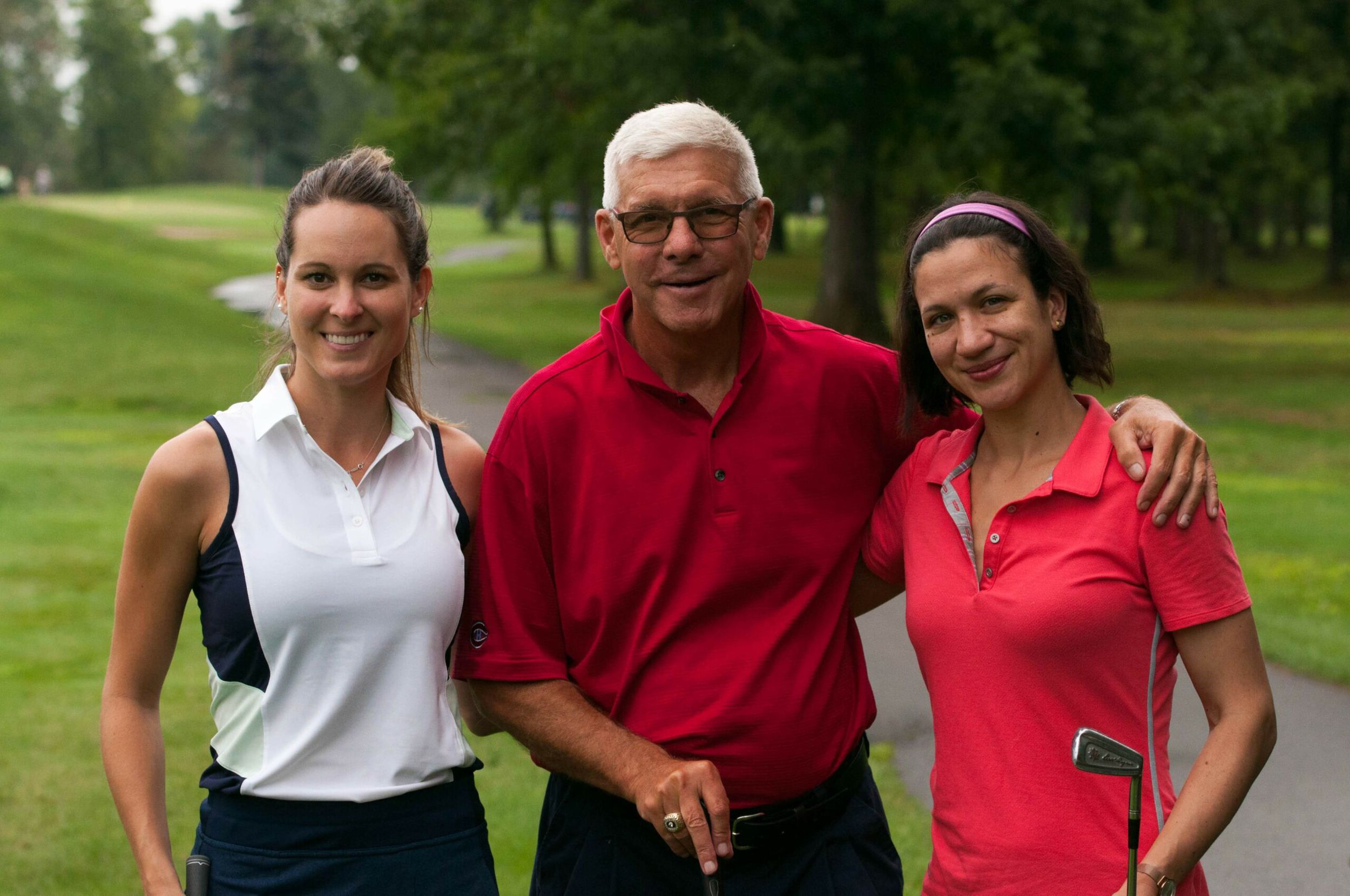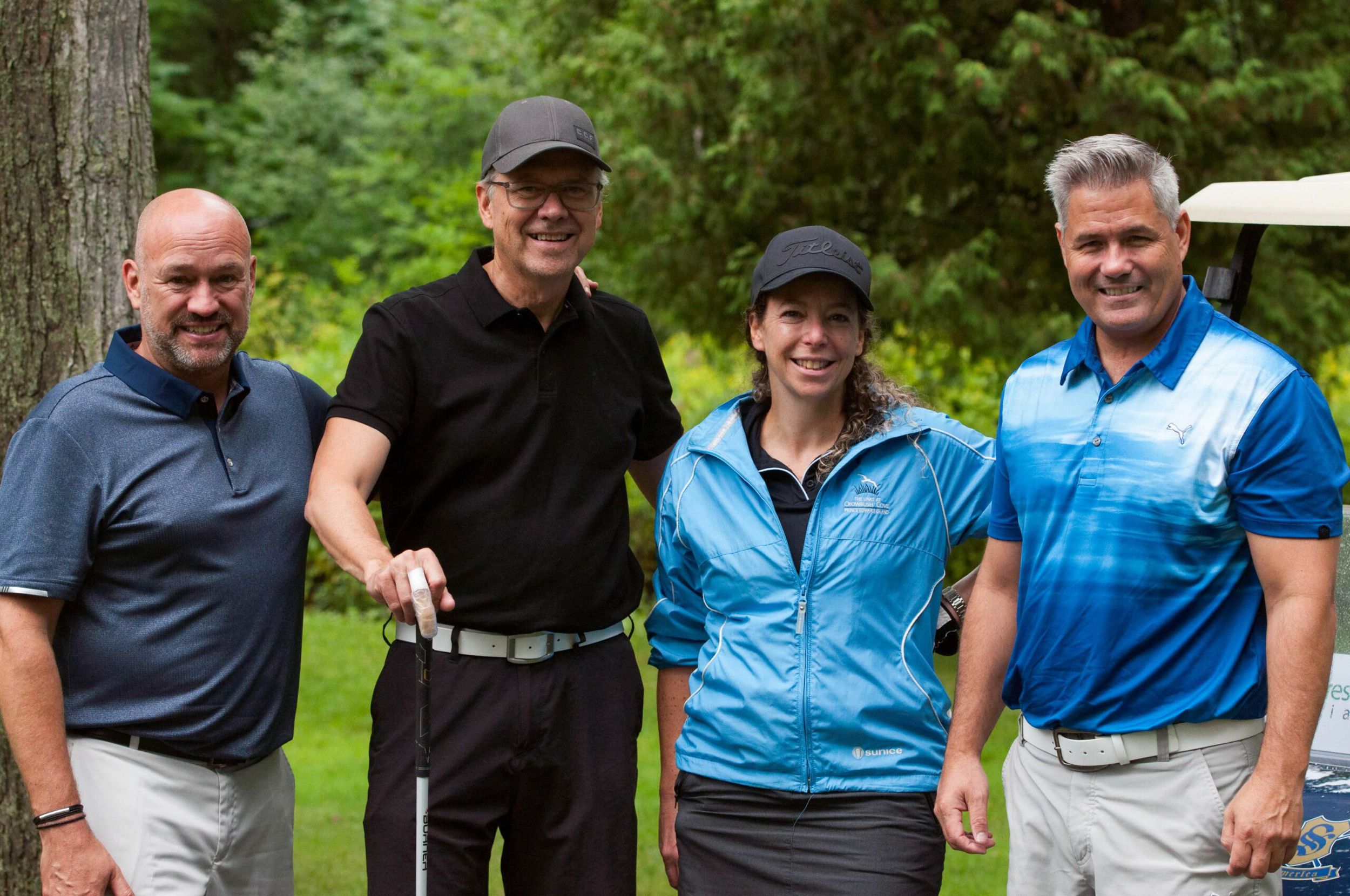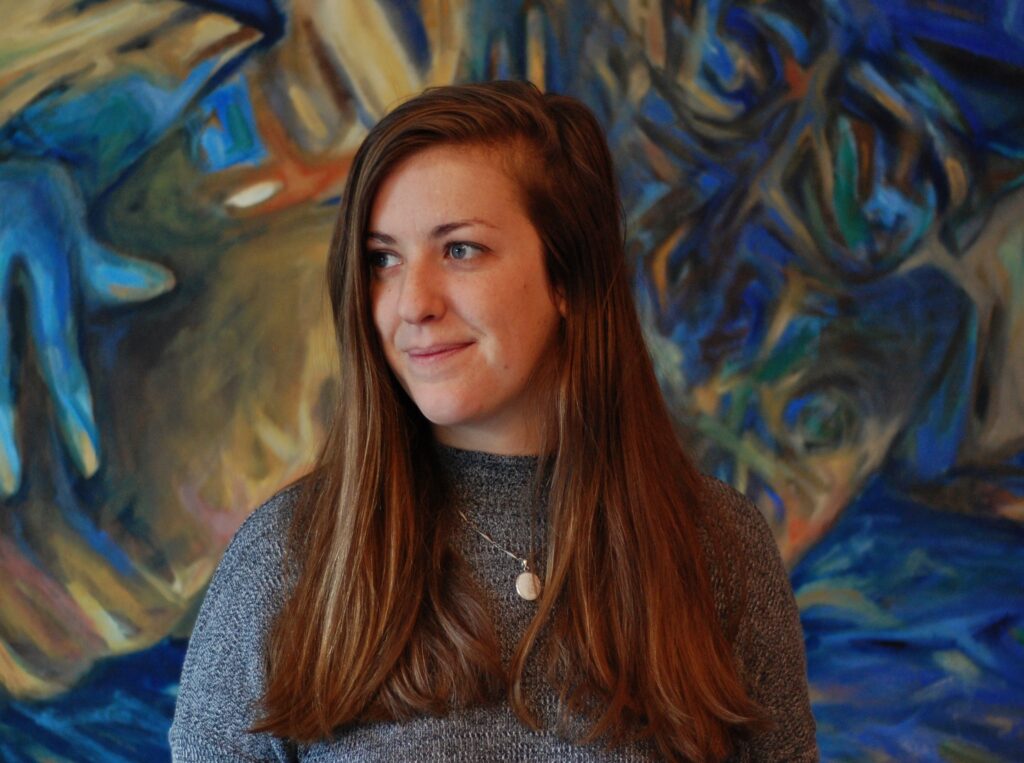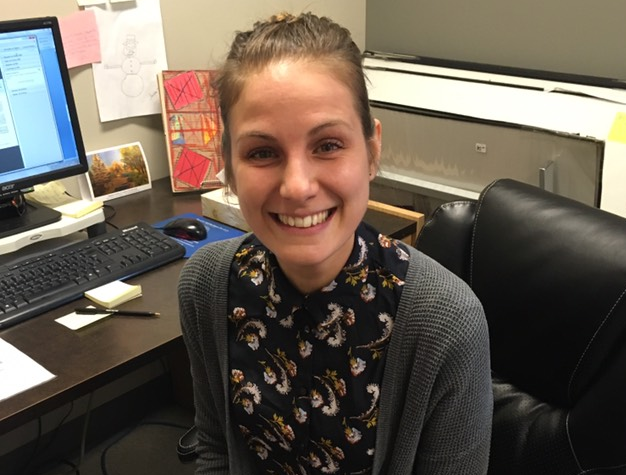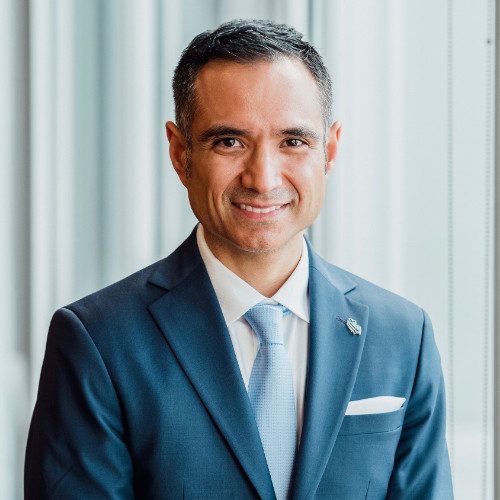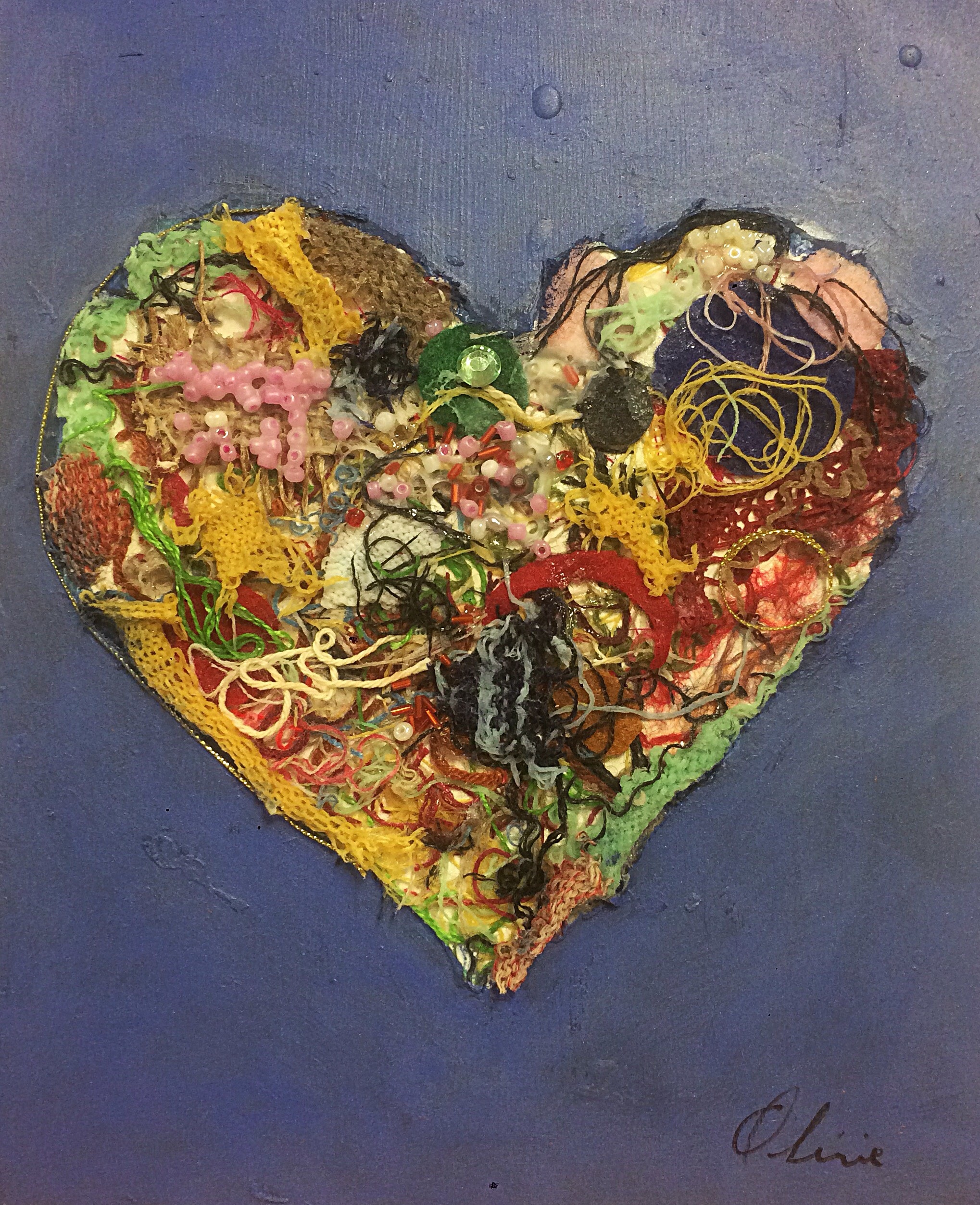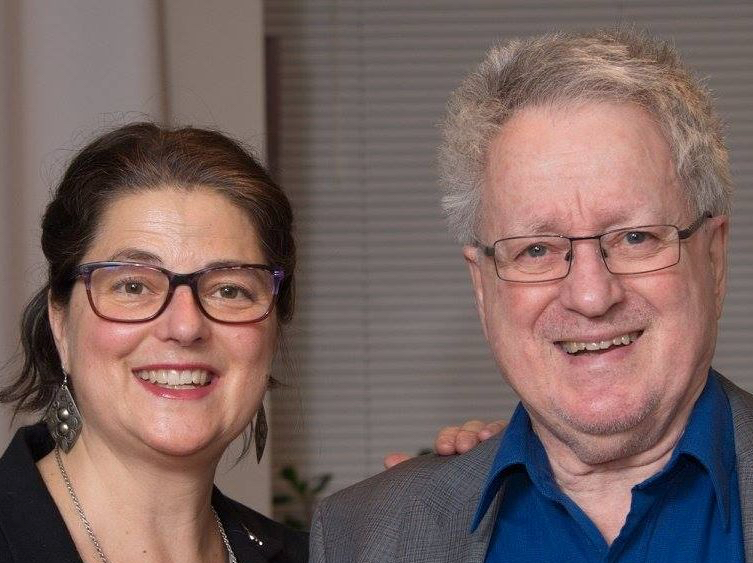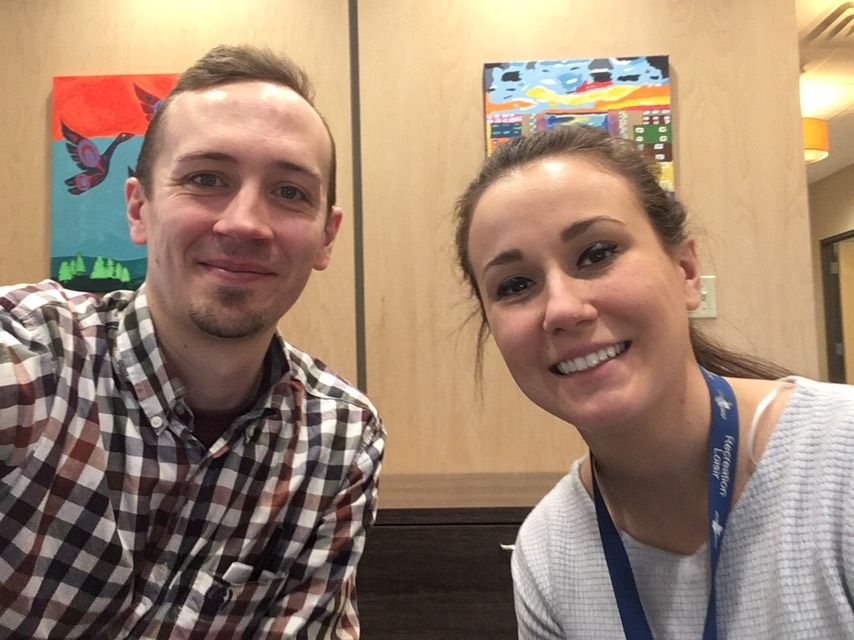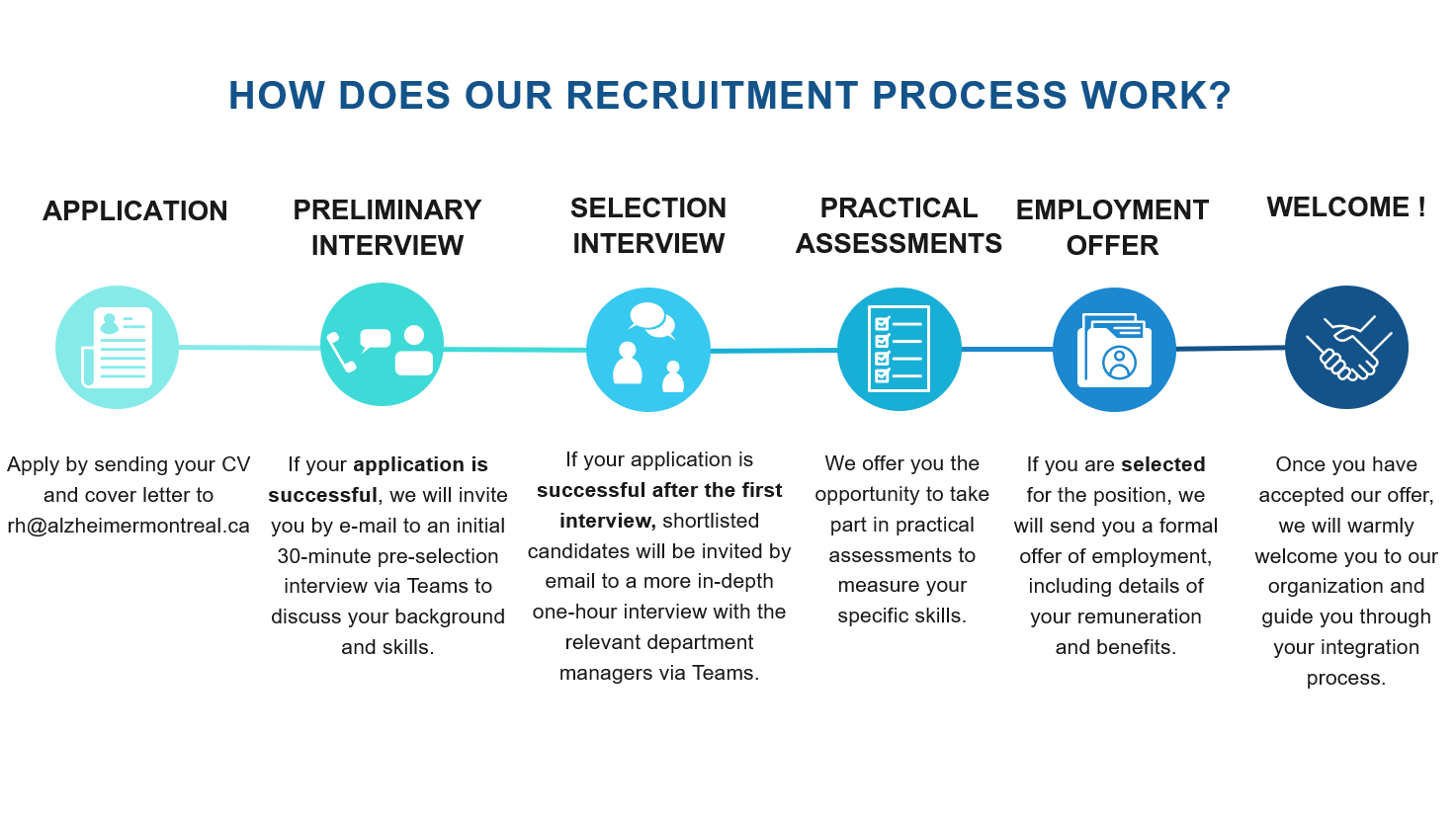Fundraising is changing.
Every year, large companies receive a staggering amount of major donation requests from a number of worthy causes and, naturally, they can’t all be granted!
As a result, not-for-profit organizations are adapting their strategies and P2P fundraising is on the rise.
But what exactly is it and how does it work?
What does P2P mean?
B2B, B2C— you’ve probably heard this marketing jargon before, are we right?
These abbreviations are commonplace in the business community and are used to describe transactions or arrangements made between two businesses (B2B) or a business and its customers (B2C).
P2P is an abbreviation for person-to-person, or peer-to-peer.
P2P fundraising, then, is people connecting with people to raise money in support of an organization or cause that is important to them.
How does it work?
At the heart of P2P fundraising is an individual’s social network.
Have you seen posts on Facebook or Twitter from friends asking you to support a challenge or other event they are participating in? This is P2P fundraising in action!
Campaigns such as these may not have the financial clout of a major fundraising campaign, but they are both personal and powerful.
They allow individuals to share their stories.
To share your story, however, you need a vehicle— and we’re here to show you how to drive it!
Principles and Top Tips for Your P2P Campaign!
P2P fundraising is central to 3 major events that are organized in support of the Alzheimer Society of Montreal: the Walk for Alzheimer’s and the Pointe-Claire and Lachine Half-Marathons.
We’ve learned a good deal about P2P fundraising over the past few years and we want to share some tips and tricks that will help you manage your P2P campaign as efficiently as possible!
Setting Up Your Personal Online Fundraising Page
Your P2P campaign needs a base of operations.
That’s why your first step should be to create a personal fundraising page!
If you are participating in an event organized by a not-for-profit organization, it is likely that there will be an online fundraising platform on which to do this.
Before creating your page, we recommend that you gather the following:
- Your Personal Information
Before setting up your fundraising page, you will most likely have to create an account.
Make sure you have your home address, phone number, email address, and other contact details to hand. A credit card is also handy if you have to pay a registration fee to participate in the event.
TOP TIP: You will likely have to choose a user name and password for your account. Make sure you write it down!
- Your Story
Most P2P fundraising pages come equipped with a generic text informing page readers that you are supporting a particular cause and that their donations would be welcome.
Use this space to make sure your story is front and centre!
Prepare a short text (roughly 200-300 words) to explain why you are participating in the event and share your passion for the cause.
TOP TIP: Keep it short and sweet! You can share a longer version of your story on a personal website/blog/social media page if you wish, but make sure you keep this shorter version for your page.
- Your Photos
A picture is worth a thousand words!
For example, if you are raising money for the Alzheimer Society of Montreal in memory of your grandmother who lived with dementia, post a photo of yourself and your grandmother!
The photo on your page is a snapshot of your campaign and adds another dimension to your story.
TOP TIP: Why not go multimedia? If you have a video you would like to share, most P2P fundraising platforms will allow you to share it on your page!
Next Steps!
Now that your page is up and running, it’s about getting the word out!
Here’s how:
- Email your family and friends!
Most P2P fundraising platforms have a feature that allows users to email their contacts! Using these email templates is a great way to make your campaign look professional and benefit from the association with the not-for-profit you are supporting.
It also makes it easy for your contacts to access your page and make a donation!
TOP TIP: Keep your entourage up to date with how your campaign is progressing. People are likely to donate if they know that they are helping you achieve your goal!
- Get Posting and Tweeting!
Harness the power of your social networks! There will be a link on the P2P platform that enables you to share your page on social media quickly and easily.
TOP TIP: When sharing on social media, let your friends know how their donations make a difference! Contact the organization you are supporting for statistics and information about what donations are used for. Here is an example on our website.
- Don’t Neglect the Old Ways!P2P fundraising is, above all, a personal initiative, so don’t neglect traditional fundraising approaches!For example:
- The next time you are chatting with a friend on the phone, mention that you are raising money for a cause and ask them to support you!
- Do you have a quick chat with the barista when you visit your local coffee shop? Or the cashier at your supermarket/ pharmacy? Ask him/her if you can display a poster on their community notice board!
TOP TIP: Talk to people differently! Your friends and family are all different so don’t just use a “one-size-fits-all” message. Make your request as unique as your loved ones are!
- Always Say Thank You!When your campaign has ended, irrespective of the amount raised, make sure you take the time to personally thank everyone who donated to you.Your gratitude will be sincerely appreciated and will increase the likelihood that your donors will contribute to your future P2P campaigns!
The Power of Facebook!
Since November 2018, Facebook has allowed its Canadian users to organize fundraisers on the platform! If you want to organize a fundraiser for a not-for-profit yourself, this is a great way to do so.
The partnership between Facebook and PayPal Giving Fund Canada means that donations are secure and, if you are already a Facebook user, it is easy to create a fundraiser.
All you have to do is:
- Select the charity you wish to raise money for.
- Determine the amount you want to raise and the end date of the campaign.
- Choose a name for the campaign and write your story.
That’s it!
For more information, visit: https://www.facebook.com/fundraisers/
We hope you’ve found this first ever blog post useful and informative!
If you have any questions or comments, please contact us by email: [email protected]
